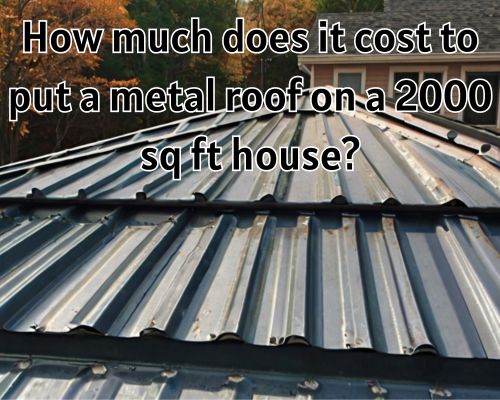The quaint village of Runcton Holme, nestled in the picturesque countryside of Norfolk, England, has become a hub for distinctive residential transformations known as barn conversions. This architectural venture breathes new life into the rural landscape, seamlessly blending the rich historical essence of traditional barn structures with contemporary living spaces. Runcton Holme barn conversion projects have gained significant attention for their innovative designs and sustainable living solutions, offering a unique lifestyle that combines rustic charm with modern comfort.
The Appeal of Barn Conversions
Barn conversions have surged in popularity for several reasons, chief among them is the opportunity to preserve the historical and architectural integrity of rural communities while catering to modern living standards. These structures, which once served agricultural purposes, are now reimagined into stylish and functional homes. The process involves retaining the original character of the barn, such as exposed wooden beams and stone walls, while introducing modern amenities and design elements to create comfortable living spaces.
Runcton Holme: A Case Study in Transformation
Runcton Holme stands out as an exemplary locale where barn conversion projects have flourished. The village’s idyllic setting, combined with its proximity to the amenities of larger towns, makes it an attractive option for those looking to escape the hustle and bustle of urban life. Runcton Holme barn conversion projects are a testament to the creativity and innovative approach of architects and developers who see the potential in these seemingly obsolete structures. By maintaining the barns’ original architectural features and adapting them for residential use, these projects contribute to the preservation of the area’s rural heritage.
Sustainability and Eco-Friendliness
Another compelling aspect of barn conversions, including those in Runcton Holme, is their contribution to sustainable living. Many projects incorporate eco-friendly technologies such as solar panels, ground-source heat pumps, and rainwater harvesting systems. These features not only reduce the carbon footprint of the residences but also lead to lower utility costs for homeowners. The thick walls of traditional barns offer natural insulation, further enhancing the energy efficiency of these homes.
Challenges and Considerations
Converting a barn into a livable space is not without its challenges. Planning regulations, structural integrity issues, and the need to preserve historical elements while meeting modern building standards can complicate the process. Furthermore, the location of these structures in rural settings may pose logistical difficulties in terms of access to services and infrastructure. Despite these hurdles, the end result often justifies the effort, providing homeowners with a unique dwelling that reflects a harmonious blend of the past and present.
Choosing the Right Partner for Your Project
For those intrigued by the prospect of owning a barn conversion in Runcton Holme or similar locales, partnering with the right team is crucial. Specialists in barn conversions can navigate the complexities of such projects, ensuring that the transformation meets the homeowner’s vision while complying with regulatory requirements. Runcton Holme barn conversion projects have been successfully realized thanks to the expertise and dedication of professionals who are passionate about giving these historic structures a new lease on life.
Conclusion
The trend of barn conversions in Runcton Holme and beyond represents a convergence of heritage preservation, sustainability, and innovative residential design. These projects offer an enticing alternative to conventional housing, allowing individuals to enjoy the tranquility of rural living without compromising on modern comforts and eco-consciousness. Whether you’re drawn to the charm of rustic aesthetics or the appeal of a sustainable lifestyle, a barn conversion in Runcton Holme could be the doorway to your dream home. As this architectural movement continues to evolve, it reaffirms the value of repurposing the old to meet the needs of the present in a thoughtful and beautiful manner.


